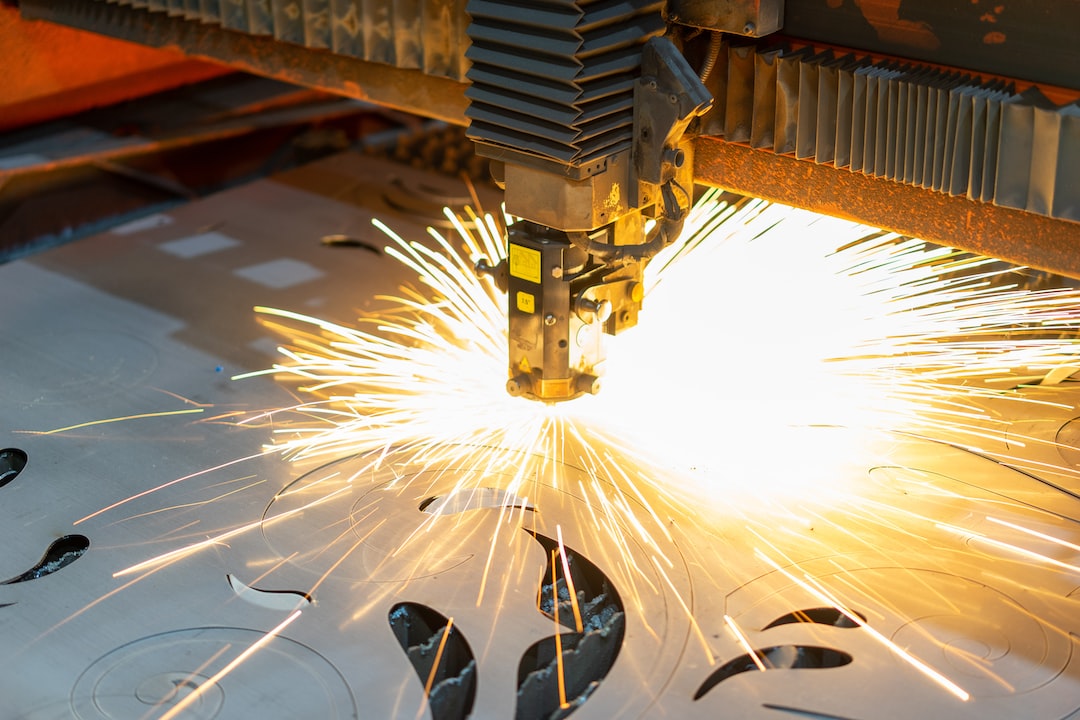With the advancements in technology, the manufacturing industry has witnessed immense growth with innovative solutions to numerous manufacturing challenges. The development of nanotechnology is one such remarkable advancement that has presented a new horizon of possibilities for the manufacturing industry. Nanotechnology refers to the use of materials and structures that have properties at the nanoscale, which is the scale of atoms and molecules. With its unique properties, nanotechnology has the potential to revolutionize manufacturing processes and improve the quality of manufacturing products.
One of the significant possibilities of nanotechnology is the ability to create advanced materials with enhanced properties. For instance, nanotechnology’s application can produce ultra-strong and lightweight materials that can withstand extreme temperatures and pressures. Such materials can offer numerous benefits to the manufacturing industry, including the development of more sustainable and fuel-efficient vehicles, construction materials with improved strength, and electronic devices with faster processing capabilities. Additionally, nanotechnology can create self-cleaning surfaces, making it easier to maintain highly sanitized equipment and devices.
Nanotechnology also offers the potential to reduce the manufacturing process’s environmental impact. With the development of nanoscale materials, manufacturing processes can become more efficient, consume fewer resources, and produce less waste. Furthermore, nanotechnology can aid in the development and deployment of green energy solutions, such as improved solar panels and energy storage devices. With the increasing pressure on companies to minimize their carbon footprint, nanotechnology offers a significant solution for the manufacturing industry.
Another possibility of nanotechnology is the development of nanorobots that can perform highly precision tasks. These nanorobots can operate at the cellular and subcellular levels, which can lead to significant advancements in the medical industry. For example, they can be used to destroy cancer cells, deliver drugs to specific areas of the body, and repair damaged tissues. Furthermore, nanorobots can be used in the manufacturing process to manipulate objects at the molecular level, which can lead to highly efficient and precise manufacturing processes.
The use of nanotechnology has also led to the development of nanosensors. These sensors can detect changes in temperature, pressure, and even the presence of specific molecules or pathogens. In manufacturing, nanosensors can be integrated into products to detect minute flaws and identify safety risks in real-time. This technology can lead to significant improvements in product quality control and safety, reducing the risk of product recalls, and enhancing customer satisfaction.
In conclusion, the possibilities of nanotechnology in the manufacturing industry are vast and present numerous opportunities for growth and innovation. While the technology is still in its early stages, its potential to revolutionize manufacturing processes, improve product quality, reduce environmental impact, and improve safety is significant. Companies that invest in nanotechnology now stand to gain a competitive edge and position themselves at the forefront of technological advancement. The growth potential presented by nanotechnology is immense, and it is up to the manufacturing industry to take advantage of this technology to drive growth and innovation.


